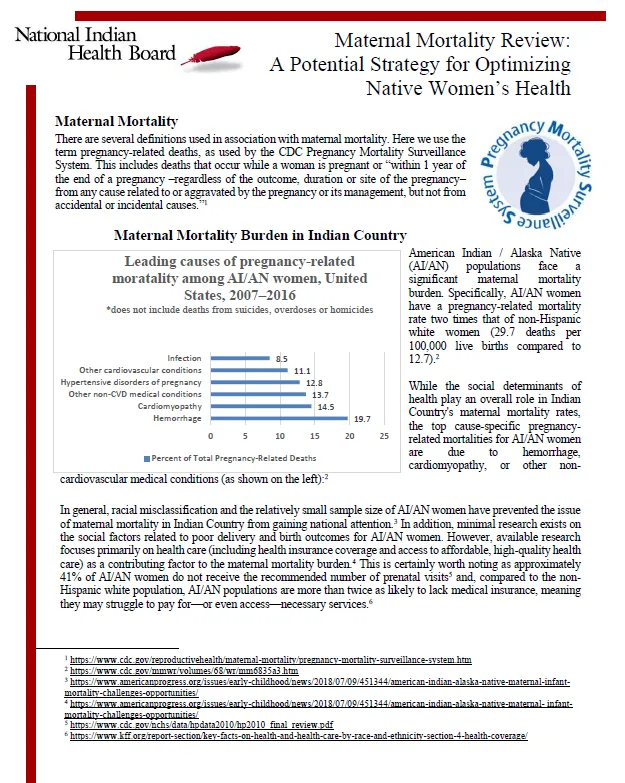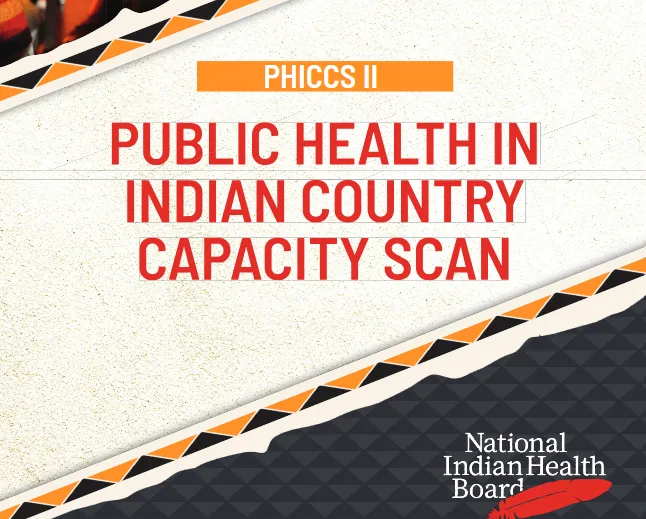OVERVIEW: NIHB’S TRIBAL DATA SOVEREIGNTY PROJECT FOR ECR
In support of NIHB’s mission, NIHB advocates for and leads efforts to strengthen Tribal sovereignty in healthcare and public health initiatives. Tribes, as sovereign nations, have the right and responsibility to provide health services to their citizens. As our public health systems modernize in the wake of the COVID-19 pandemic, the key role of data in public health systems has become more apparent.
NIHB has been a leader in efforts to increase data sovereignty- a principle of Tribal sovereignty which supports Tribes having control over their own data. NIHB has supported this through advocacy, policy, education of lawmakers and legal professionals, research on data sharing barriers, technical assistance, and funding to Tribes.
One of NIHB’s pilot projects to increase access has been the electronic case reporting (eCR) for disease surveillance project. In partnership with the Centers for Disease Control and Prevention, (CDC) NIHB launched several initiatives to explore how Tribes might use eCR to improve data access, apply data to real-time public health decisions, and increase Tribal data sovereignty. NIHB has supported the following efforts to improve Tribal interest in and usage of eCR for surveillance data:
- Pilot project: Providing direct funding and technical assistance to Tribes and TECs to implement eCR connections to receive public health data.
- Hosting federal listening sessions on eCR and data modernization.
- Providing trainings on eCR, data modernization, and data sovereignty at conferences including the National Tribal Health Conference, Public
- Health Law Conference, and Tribal Public Health Data Modernization Learning Community.
- Publishing resources on eCR.
- Working with national partners to increase understanding and support for Tribal data sovereignty.
- Learning more about eCR implementation through key informant interviews.
- Developing the Tribal eCR Roadmap.




